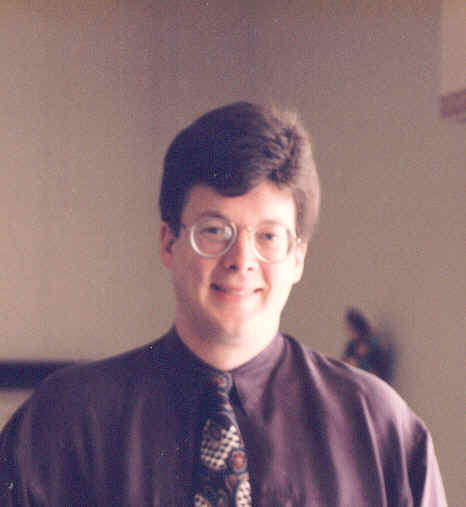The HyperTexts
What is Poetry? An Attempt at a Definition with Examples
by Michael R. Burch
What is Poetry? This is my attempt at a definition ...
Poetry is primarily a form of communication, like ordinary speech and prose. But
how is poetry different from ordinary speech and prose?
I like Herbert Read's definition of poetry as a form of communication that
operates on three levels: sense, sound and suggestion. I think of poetry as
being three-dimensional writing, whereas ordinary prose is one-dimensional, with
that one dimension being sense (meaning). When prose begins to operate in two or
three dimensions, we call it “poetic prose.”
The First Dimension: Sense. This is where poetry most resembles prose,
in the communication of sense, ideas, meaning.
The Second Dimension: Sound. Poets can employ a variety of sonic
“poetic devices” such as rhythm, meter, rhyme, alliteration, assonance, etc.
When poetry lacks these devices, it sounds more like ordinary speech and prose.
The Third Dimension: Suggestion. This is the mysterious dimension in
which talented poets can make us feel things beyond the first two dimensions,
such as a sense of déjà vu, nostalgia, regret, tenderness, despair, etc.
Here are examples of poems that, in my opinion, operate wonderfully well in all
three dimensions ...
Music When Soft Voices Die (To
—)
by Percy Bysshe Shelley
Music, when soft voices die,
Vibrates in the memory—
Odours, when sweet violets sicken,
Live within the sense they quicken.
Rose leaves, when the rose is dead,
Are heaped for the belovèd's bed;
And so thy thoughts, when thou art gone,
Love itself shall slumber on.
Come Slowly, Eden
by Emily Dickinson
Come slowly—Eden
Lips unused to thee—
Bashful—sip thy jasmines—
As the fainting bee—
Reaching late his flower,
Round her chamber hums—
Counts his nectars—alights—
And is lost in balms!
Excerpt from Do Not Go Gentle Into That Good Night
by Dylan Thomas
And you, my father, there on the sad height,
Curse, bless, me now with your fierce tears, I pray.
Do not go gentle into that good night.
Rage, rage against the dying of the light.
Here is a free web page, without any annoying ads, where readers can experience
all three dimensions, via the work of many great poets:
The
Most Beautiful Poems in the English Language

Michael R. Burch is an American poet who lives in Nashville, Tennessee with his
wife Beth, their son Jeremy, and three outrageously spoiled puppies. His poems, translations, essays and letters have appeared
more than 4,000 times in publications which include TIME, USA Today, The
Hindu, BBC Radio 3, Daily Kos, The Washington Post, Light Quarterly, The Lyric,
Measure, Writer's Digest—The Year's Best Writing and
hundreds of other literary journals, websites and blogs. Mike Burch is also the
founder and editor-in-chief of The HyperTexts, a former columnist for the Nashville City Paper and a
publisher of poems about the Holocaust, Hiroshima, the Trail of Tears
and the Palestinian Nakba. He has two published books,
Violets for Beth (White
Violet Press, 2012) and
O, Terrible Angel (Ancient Cypress Press, 2013).
A third book, Auschwitz Rose, is still in the chute but long delayed.
Burch's poetry has been translated into eleven languages and set to music by the
composers Mark Buller, Alexander Comitas and Seth M. Smith. His poem "First They
Came for the Muslims" has been adopted by Amnesty International for its
Words That Burn anthology, a free online resource for
students and educators. He has also served as editor of International
Poetry and Translations for the literary journal Better
Than Starbucks.
The HyperTexts
